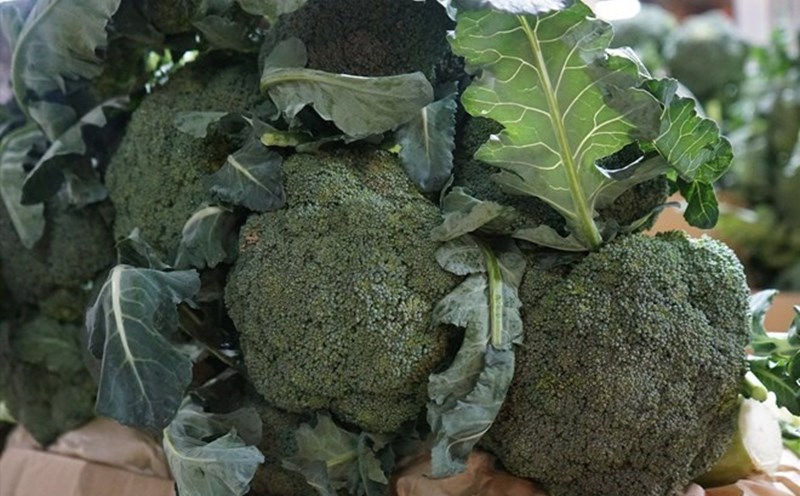rib culinary artichoke soup
Artichoke has long been considered good for the liver. According to Dr. Josh Axe, an American nutritionist and founder of Healthline, artichokes contain cynarin and silymarin, which help increase bile secretion, repair liver cells and support the elimination of toxins after alcohol consumption. When combined with young ribs in soup, it not only makes it easier to eat but also adds quality protein.
Pumpkin soup with grapefruit peel
Squash is cool and diuretic, helping the body eliminate sodium and toxins. Meanwhile, grapefruit peels contain essential oils and flavonoids that have antioxidant effects, helping to reduce liver damage caused by alcohol. This soup not only heats up but also helps soothe the feeling of fullness of stomach, indigestion - common symptoms after drinking alcohol.
Millet Anchovies Soup
Malabar spinach is rich in vitamin C, potassium and fiber, which help detoxify the liver, fight inflammation and reduce high blood pressure - a problem that often comes with long-term alcohol consumption. According to a report by the British Nutrition Association (BDA), leafy greens such as Malabar spinach have the ability to stimulate natural detoxification enzymes in the liver and enhance the activity of glutathione - an important endogenous antioxidant.
Corn silk soup and ma ma
The kidneys can be directly affected by increased filter load after drinking alcohol. Corn silk soup and plantain have diuretic and edema-reducing effects, helping the kidneys excrete toxins better. Many traditional medicine studies have shown that corn silk has anti-inflammatory and blood sugar-reducing effects, supporting kidney health in people who regularly take medication or stimulants.
Although the above soups have certain benefits, Professor Frank Hu - Head of Nutrition at the Harvard School of Public Health emphasizes: "No food can completely reverse the harmful effects of alcohol if users continue to consume them regularly. Limiting alcohol, drinking enough water and adding healthy foods is a long-term strategy."
Instead of waiting until there are symptoms of fatigue, jaundice or little urination after drinking, maintaining a habit of eating to support the liver and kidneys from the beginning is the most sustainable way to protect health.











